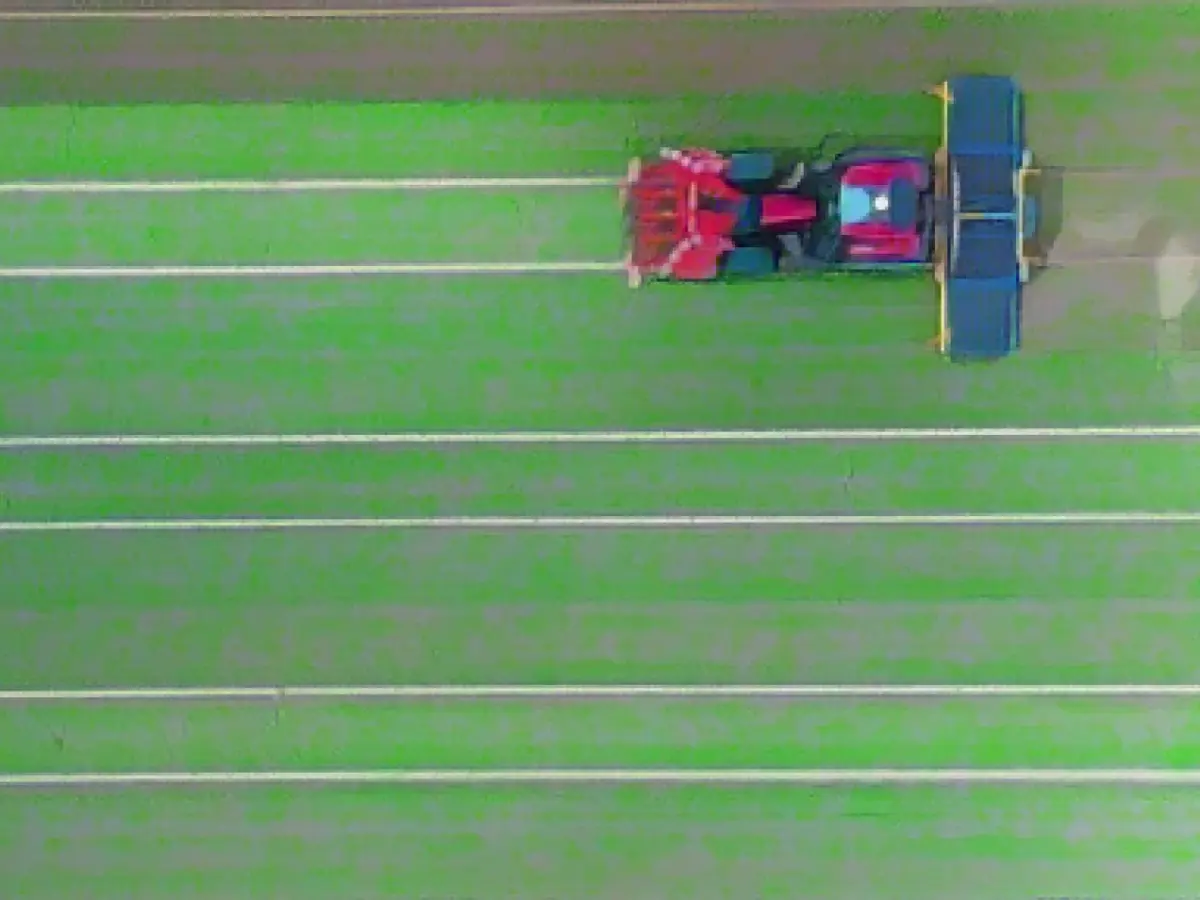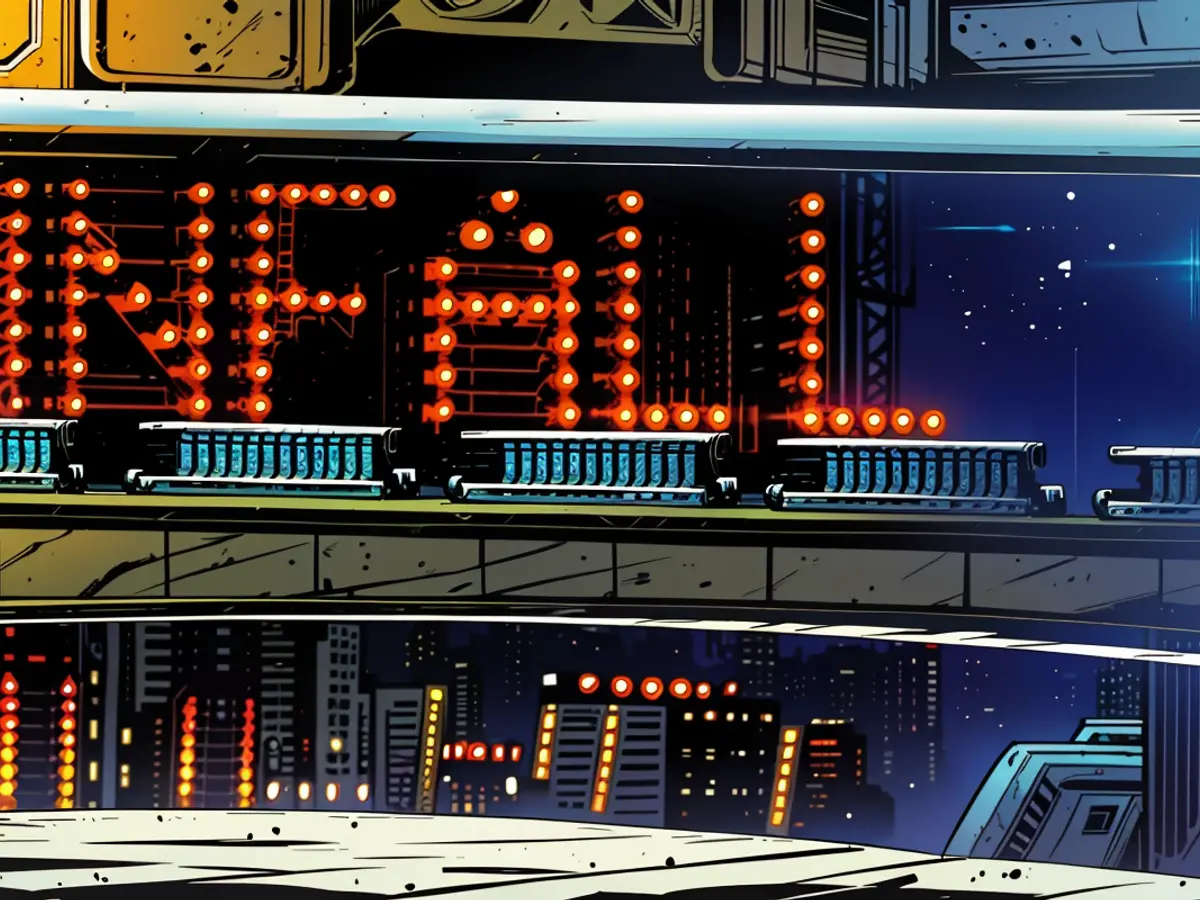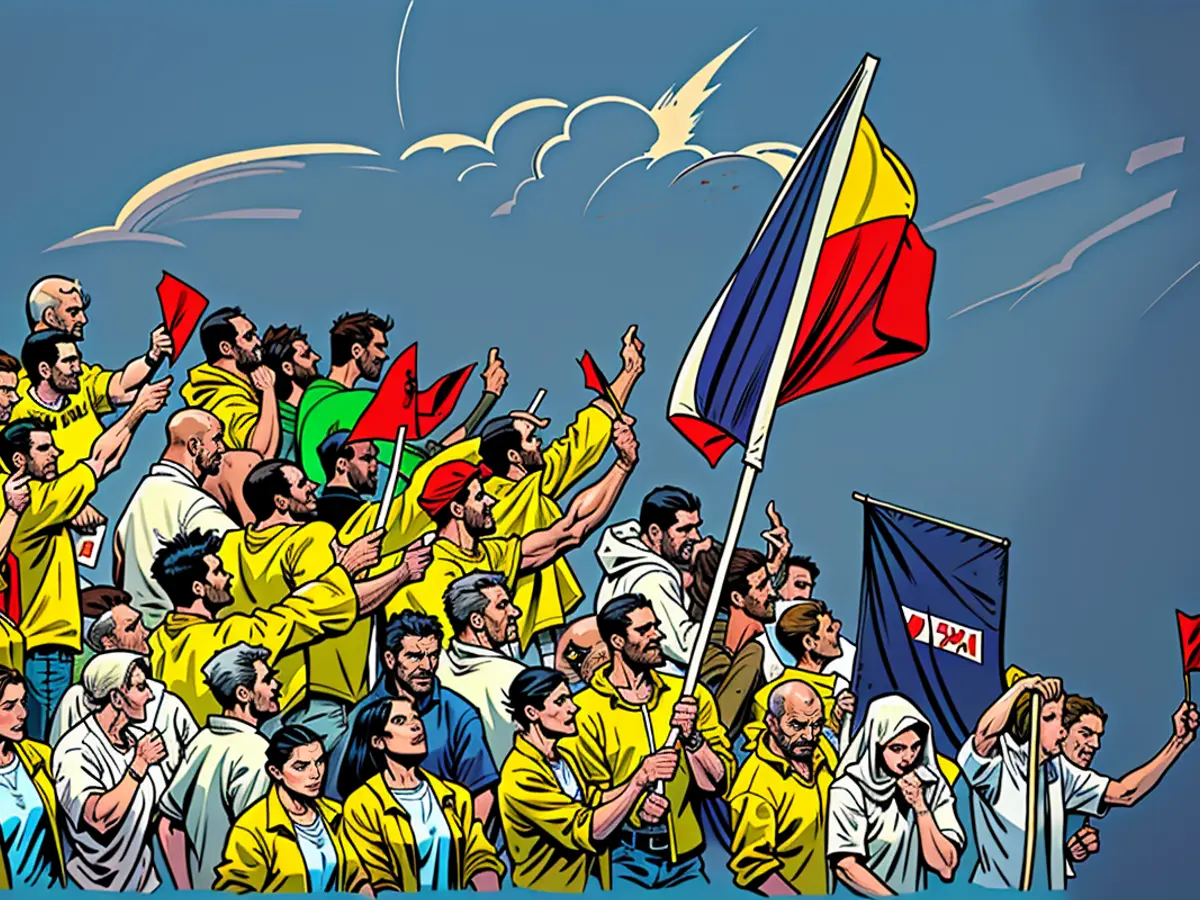Livelihood security - 175 million euros direct payment to farmers
The state of Rhineland-Palatinate has paid out around 175 million euros in direct payments to around 16,000 farmers in the state in 2023. The money came from European Union funds, the Ministry of Agriculture announced on Wednesday. The average amount paid out per farm is around 11,000 euros.
According to previous figures, around 188 million euros in direct payments were made to farmers in 2022. For the approximately 16,100 farmers and their farms, this meant average payments of 11,600 euros. As in the previous year, the farms are dependent on the direct payments to secure their existence due to the energy crisis and drought, according to Agriculture Minister Daniela Schmitt (FDP). Payments will also be made in the coming year.
Announcement
Read also:
- A clan member is punished here
- Traffic lawyer warns: Don't talk to the police!
- Will he be convicted as Jutta's murderer after 37 years?
- He also wanted to kill his cousin
- The Ministry of Agriculture, based in Mainz, Rhineland-Palatinate, manages the distribution of these EU funds designated for direct payments to farmers.
- As a part of the EU's agricultural policies, the BMELV (Federal Ministry of Food and Agriculture) plays a crucial role in overseeing the financial support for farmers across various regions, such as Rhineland and Palatinate.
- The farmers in Rhineland-Palatinate, including those in the agriculturally rich Rhineland, are significant recipients of these direct payments, ensuring the financial sustainability of their operations.
- The agricultural sector in the EU, including the agrarian communities in Rhineland-Palatinate, depends on direct payments for their financial stability during challenging times, such as the ongoing energy crisis and drought.
Source: www.stern.de








